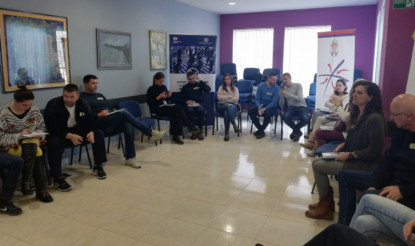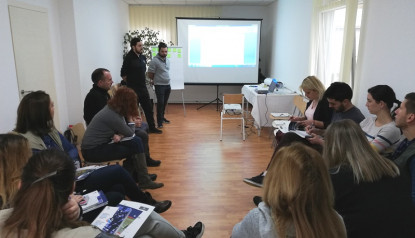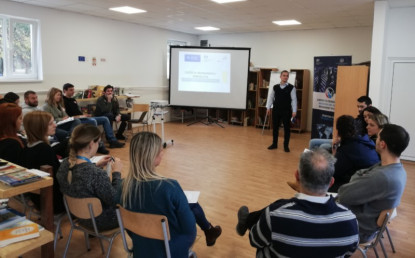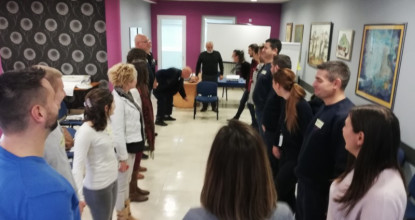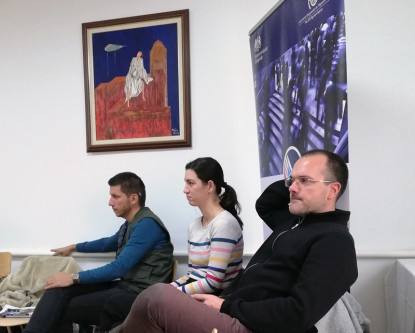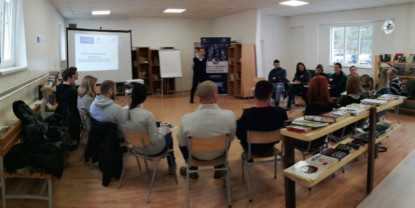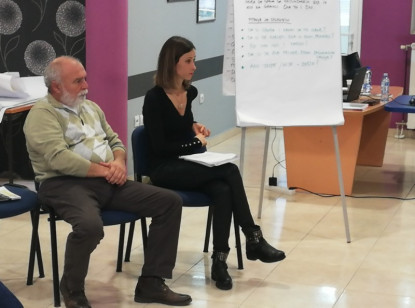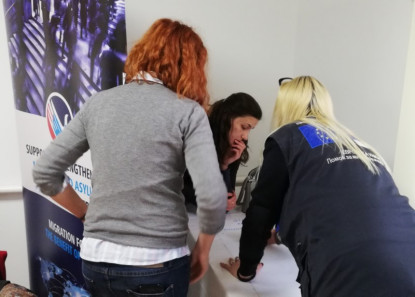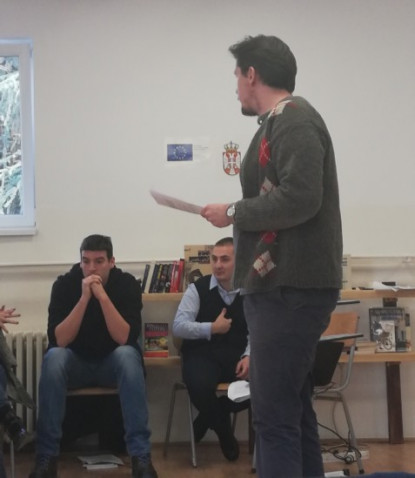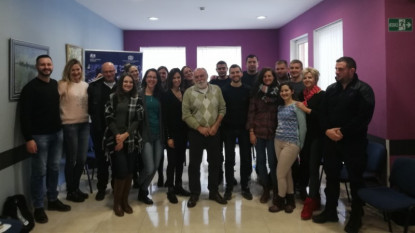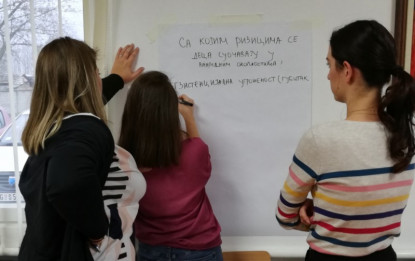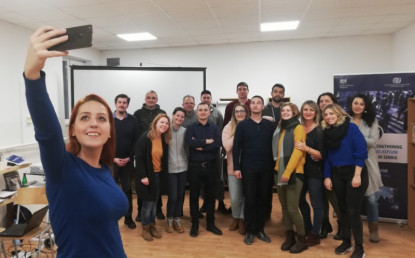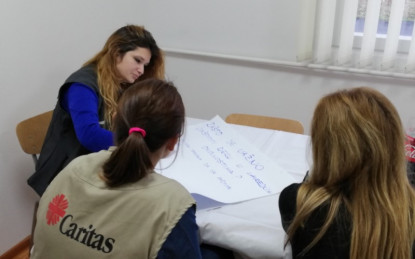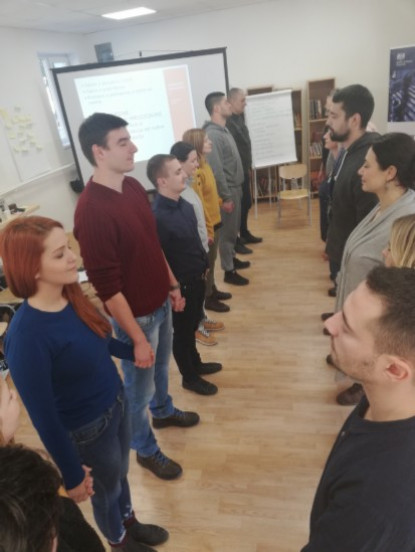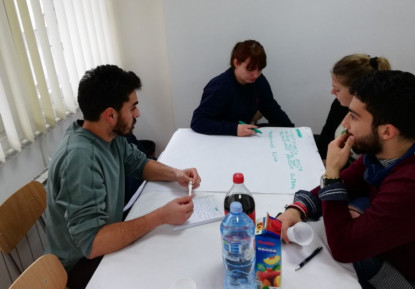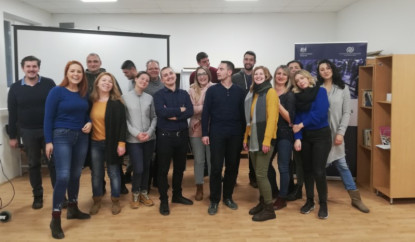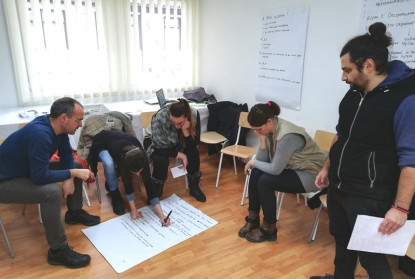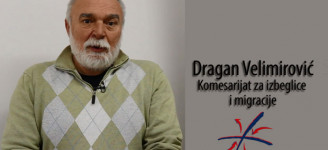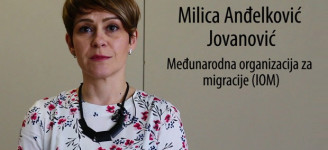Training of service providers working with migrants and refugees ended by the trainings held in Krnjača, Obrenovac and Adasevci/Šid.
By trainings held in November and December in Krnjača, Obrenovac and Adasevci/Šid a cycle of five trainings for raising the capacity of service providers to migrants and refugees was completed. These trainings were a part of activities organized within the project “Support to strengthening of the migration and asylum management system in Serbia-stage 2” implemented by the IOM office in Serbia with the support of the British Embassy.
The training in Krnjača (27 and 28 November) included 16 migrant and refugee service providers from Commissariat for Refugees and Migrations (KIRS), International Organization for Migrations (IOM), Center for Social Work, Caritas, Danish Council for Refugees and Crisis Response and Policy Center, while the training in Obrenovac was attended by 15 representatives of the Commissariat for refugees and migrations, International Organization for Migrations, Center for youth integration, Real medical foundation, Caritas, Italian organization OXFAM and SOS Children’s Villages. The training in Šid (13 and14 December) was attended by 16 service providers from the Commissariat for Refugees and Migrations of the Republic of Serbia (KIRS), International Organization for Migrations (IOM) and SOS Children’s Villages.
Training teams of the Training center for migrations were composed of the representatives of the Commissariat for Refugees and Migrations of the Republic of Serbia and International Organization for Migrations. The training in Krnjača was led by the trainers’ team consisting of Vlada Lukić (KIRS) and Lazar Pejčić (KIRS), in Obrenovac by Dušan Miljojković (KIRS) and Nemanja Božović (KIRS/IOM), while training in Šid was prepared and delivered by Maja Vuksanović (IOM) and Dragan Velimirović (KIRS). Trainings included various topics, such as understanding of the concept of vulnerability and risk of social exclusion, international contextual framework of migrant rights protection, institutional and legal framework of protection of migrants in the Republic of Serbia, as well as protection of migrants’ children and protection of the rights of female migrants.
Service providers had the opportunity to share their knowledge and experience as well as existing practice both in their organizations and institutions and in mutual cooperation in coordinated service provision to refugees and migrants. All trainings were delivered under mentorship support so that the newly formed teams of Migration Training Center would go through the competence improvement process for migration training implementation.





